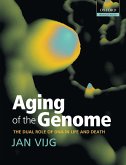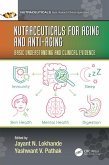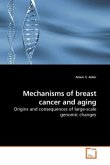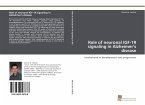In this provocative book on the process of growing old, Michael Rose goes right to the heart of the fundamental "unsolved problem" of biology. Why do we grow old? The proposed theory is that to understand aging we must understand its evolution; only then do its taxonomic distribution and its genetic and physiological mechanisms become intelligible. Evidence is produced from the fields of cell biology, physiology, and gerontology.
This provocative book on the ageing process examines one of the unsolved problems of biology: why do we grow old? The author answers this question by proposing an evolutionary theory for senescence, suggesting that the force of natural selection declines proportionally with age after the onset of reproduction. He elaborates with evidence from cell biology, physiology, and gerontology. The strength of the book lies in the author's unique ability to synthesize the vast literature of this field into a stimulating and accessible volume.
This provocative book on the ageing process examines one of the unsolved problems of biology: why do we grow old? The author answers this question by proposing an evolutionary theory for senescence, suggesting that the force of natural selection declines proportionally with age after the onset of reproduction. He elaborates with evidence from cell biology, physiology, and gerontology. The strength of the book lies in the author's unique ability to synthesize the vast literature of this field into a stimulating and accessible volume.









